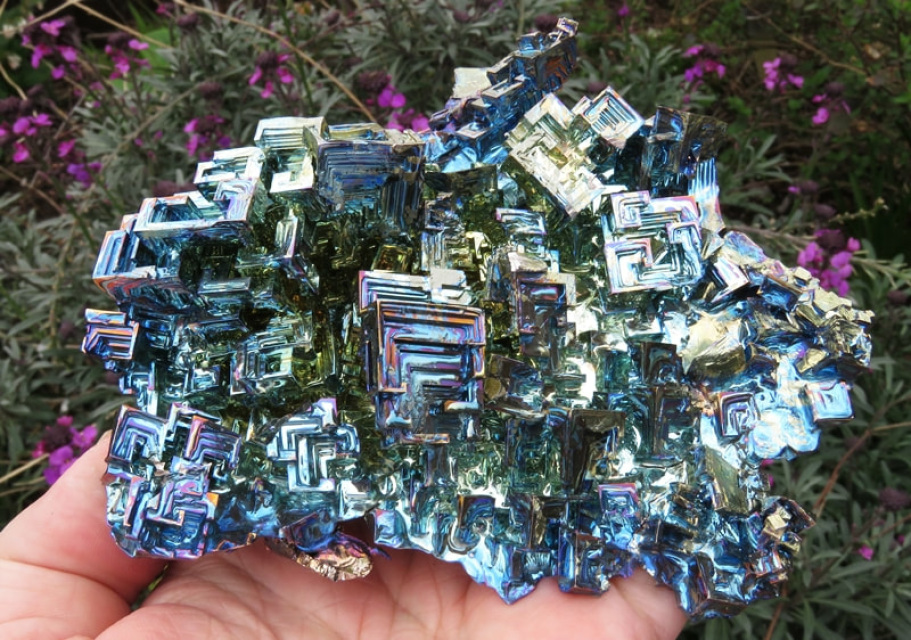Every day of our lives We use commodities. The commodities of food, energy, metals, and other goods are available to all. Food and gas are two of the most essential commodities. The commodity market includes luxury products like gold. The market can expand rapidly and it can bring about an increase in profits. Therefore, it is normal for entrepreneurs to invest in the commodities market. But, what do you do first? What are the key factors to success? No matter if you're looking to sell commodities or invest commodities in the market Here are 10 commodity market strategies you should be aware of.
1. Commodity Trading is one of the Oldest Professions
The ancestors of our ancestors traded in goods before we had to pay taxes or get employment benefits. Different environments might not allow the development and growth of some items. Trade was made in order to make sure that countries could gain profits and obtain things they didn't have. These ancient commodities often included foods and culinary items like spices, vegetables livestock, and other traditional items. Other commodities were materialistic like gold, seashells, and natural stones. The currency was eventually invented. Our current economic system is built on supply and demand theories.
2. Non-professionals are able to participate
It is possible to begin your journey in the commodities market. But, you'll need to be educated and have a good understanding of the commodities market before you dive in. Fortunately, extensive schooling isn't required. Just an knowledge of how the industry operates and how professionals earn money. It's best to start by analyzing the pros and negatives. The risk of losing money is a typical con. When you're trading goods, understand a part of your capital will go to losses, and you'll not make money immediately.
3. There are two kinds.
Commodities can be classified into two main categories: hard commodities and soft commodities. Hard commodities are natural resources and soft commodities include agricultural goods and livestock.
There are two types of markets, including soft and hard commodities. Hard commodities such as oil are stable in terms of their economic health. The market will crash when oil is not traded and exported. Because oil is traded globally it's obvious why. The hard commodity is often used as a gauge to determine if a nation's economic growth will be successful or fail. Soft commodities, such as livestock and agricultural items, tend to be more flexible. These products are always in high demand and it is simple to produce these agricultural goods. The main influence on soft commodities is the weather. Learning about market trends for commodities markets like hard or soft commodities will help you understand which commodities are worth trading and also if there are risk factors. Click over to this phosphates specialist for commodity example.
4. Certain commodities aren't tradeable. You cannot trade the following commodities until 2021:
Water
Electricity
Potatoes
Eggs
Lemons
Carbon dioxide
Diamonds
Tomatoes
You should also pay attention to market information on other commodities. It is contingent on the commodity itself. For instance, diamonds have a different price structure and quality which makes them inaccessible to trading. You can trade safe commodities if are looking to trade. This includes gold, oil, and corn.
5. Types of Tradeable Commodities
There are four types of commodities that can be traded.
Metals (golden and platinum, silver copper, bronze and gold)
Energy (crude or heating oil, natural gasoline, and other petroleum products)
Livestock and meat (lean and pork bellies Live and feeder cattle, and lean hogs)
Agriculture (corn and soybeans, wheat, rice cocoa sugar, beans and cotton. Coffee)
Metals and energy have a severe influence on the market. However, commodities like livestock and agricultural are always in great demand and always easily available.
6. There are Commodity Trade Standards
These standards permit commodities to be traded freely without the need for inspection. The trader needs to comply with these guidelines to successfully engage in trading commodities. This is particularly important for food items since there are strict safety standards which the government has set. It is important to trade only high-quality agricultural products and livestock that isn't sick. Different nations have different standards. For instance, in the United States, for example. Europe has its own regulations. These laws regulate what enters and leaves the country. Click over to this benzoic acid info for standards check.

7. You may also choose to invest in commodity futures. This is an agreement to purchase and sell commodities at a later date. Futures contracts can be purchased for almost any commodity. There are two types to put money into the futures markets.
Users from institutions and commercial customers
People who speculate
There are two motives why future investors may prefer to participate in futures. To some, it helps in the process of budgeting. Others look at profits as the value of commodities changes with time. There are a variety of options available when it comes time to invest in futures.
8. The stocks can also contain commodities
The stock market is made by several companies that deal in commodities. Companies that deal in oil -- specifically those in drilling, refining and tanking as well as other oil companies that are diversifiedare a significant influence on the stock market. A significant influence on the stock exchange is also exerted by mining companies.
9. The Commodity Global Market
The global commodity marketplace has evolved into what is known as a "supercycle' over the last 20 years. As more capital is allocated to commodities, it reduces currency depreciation. However, prices of commodity items are still volatile due to the impact of the market worldwide.
10. You don't need to be a millionaire overnight
Although you could get a great returns when you trade or invest in commodities, it will take time. The industry is complex, so most professionals gained their knowledge during their time working. It is a full-time occupation. It is important to learn from actual stories about commodities and the latest trends to get the most out of your profits. These market-related tips for commodities were useful. While trading commodities seem like a safe method of earning a living but there are plenty of things to think about prior to becoming a professional in the field of commodities. Every nation has their own regulations and rules, which is increasingly important on the international market. There are certain commodities that can't be traded. Some commodities also have a powerful impact on economic activities.
